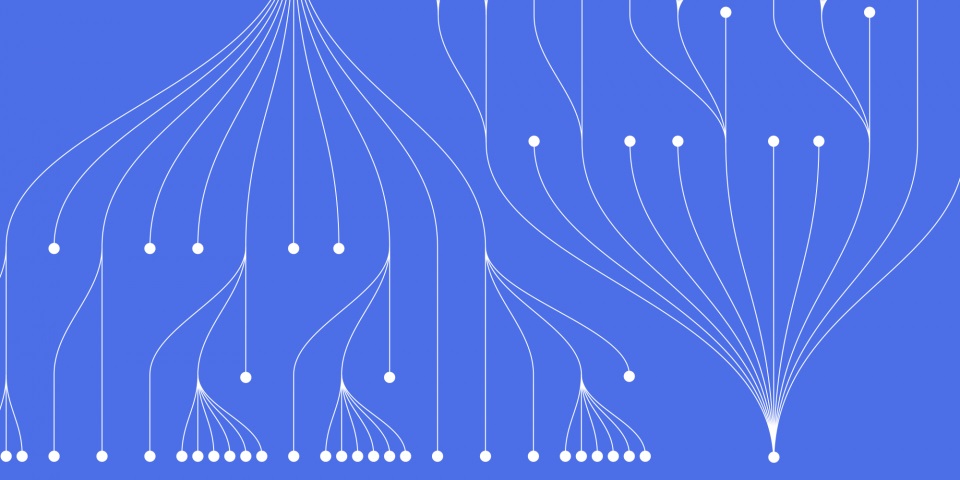
20 September 2023
Scala is an innovative multi-paradigm programming language that uniquely blends object-oriented and functional programming concepts. While many developers have experience in Java or other languages, taking the next step to gain Scala skills can be transformative for your career. This comprehensive guide will provide veteran programmers with the knowledge needed to boost their Scala abilities to an intermediate level. This article can be used alongside on Scala Training Course

Whether you are a software engineer looking to expand your skillset or a data engineer interested in leveraging Scala's strengths for big data applications, mastering these essential concepts will help you become a well-rounded Scala practitioner. Read on to enhance your understanding of functional programming, Scala's sophisticated type system, concurrency techniques, and other core components of this incredibly capable language.
Before diving into more advanced features, developers should prioritise building a solid foundation in Scala fundamentals. This will equip you with the basic building blocks needed for tackling complex problems down the road.
Some cornerstones to focus on first include:
// Example Scala syntax
val meaningOfLife = 42
case class Person(name: String, age: Int)
object Helper {
def sum(x: Int, y: Int): Int = x + y
}
vals, immutable collections, and avoiding side effects. This makes code easier to reason about.By studying Scala basics thoroughly, developers can internalise general programming principles that will prove invaluable down the road.
One of Scala's defining features is its incredibly powerful and flexible type system. This allows developers to craft domain models safely and concisely.
Some notable aspects of Scala's type system include:
List[Int].This strong typing enables the creation of reliable, resilient software built on robust foundations. Combined with slick type inference, it provides safety without sacrificing succinctness.
While Scala elegantly fuses object-oriented and functional styles, understanding functional programming is key to unlocking its full potential.
Some important functional concepts in Scala include:
// Pass function as parameter
list.map(x => x + 1)
By leveraging these techniques, developers can write modular, testable, and declarative Scala code. Architecting systems around immutable values and pure functions facilitates correctness and confidence.
Scala's robust collections framework enables working with data in convenient and idiomatic ways. Some key highlights include:
The functional nature of these collections makes them easy to transform and compose together while avoiding unnecessary copies. Their immutability also makes them inherently thread-safe.
Scala provides built-in tools for harnessing the power of multi-core systems through parallelism and asynchronous programming.
Common concurrency techniques in Scala include:
By embracing concurrency, Scala developers can build high-performance systems that fully exploit modern hardware for optimal efficiency.
With its scalability and advanced typing, Scala is ideal for tackling demanding big data challenges. It integrates seamlessly with major distributed data processing tools.
This makes Scala a natural choice for crafting end-to-end big data architectures encompassing ingestion, processing, storage, and analytics.
While Scala is incredibly powerful, effectively using it in enterprise production systems involves following some key best practices.
By following these recommendations, teams can build Scala systems that are robust, resilient, and ready for the demands of real-world usage.
For developers with basic Scala under their belts, this guide has hopefully provided a comprehensive overview of the key concepts and capabilities needed to reach an intermediate level of expertise.
Of course, there is always more to learn. Other topics to investigate as you continue your Scala journey include macros, advanced functional programming techniques like monads and applicatives, MetaScala, and leveraging cutting-edge compiler features.
By mastering these essential pillars of Scala and expanding your knowledge over time, you will be able to fully appreciate the language's unique capabilities and apply it effectively to tackle challenges across domains like big data, cloud computing, data science, and beyond.
Here are some common questions about building Scala skills:
What are the benefits of learning Scala?Scala combines object-oriented and functional programming in an incredibly powerful way. It provides strong safety guarantees through its type system while also offering great flexibility. Learning Scala makes you a well-rounded developer.
Should I learn Java before Scala?Scala runs on the JVM and integrates nicely with Java. But prior Java experience is not required to learn Scala as an initial language.
What resources are available for learning Scala?There are many online courses, books, interactive tutorials, and in-person bootcamps available. The Scala documentation is also comprehensive.
What are good beginner Scala projects?Early on, focus on core language concepts by building basic command line programs. As you advance, try web APIs, data processing scripts, machine learning applications.
How can I practice and improve my Scala skills?Use Scala at work for new projects, contribute to open source Scala software, complete coding challenges, build sample applications, read others' code.
By learning these impactful Scala concepts, developers can boost their skills to an intermediate level and become well-rounded practitioners.
This guide has explored important Scala concepts like functional programming, typing, concurrency, collections, and integration with big data tools. Mastering these pillars will take your Scala abilities to the next level.
For journeyman developers looking to expand their capabilities, few investments will prove as valuable as advancing your Scala expertise. The language rewards those willing to deeply learn its idioms and capabilities with the ability to tackle problems across application domains at massive scale.
While there is always more to learn, internalizing the concepts detailed here will provide you with a rock-solid Scala foundation ready to support your continued programming journey.
Learn Scala best practices for enterprise development. Covers common design patterns and idioms to write high-quality, maintainable Scala code.
Master Node.js for building fast, scalable network applications. Learn to develop APIs, work with databases, and deploy cloud-native apps.
Dive into concurrent, distributed apps with Akka. Harness actors, streams, and clusters for resilient reactive systems.
Understand microservices principles and architecture. Put them into practice by building, testing, and deploying microservices.
JBI's hands-on training will boost your development skills. Learn from experienced practitioners in live online classes

CONTACT
+44 (0)20 8446 7555
Copyright © 2023 JBI Training. All Rights Reserved.
JB International Training Ltd - Company Registration Number: 08458005
Registered Address: Wohl Enterprise Hub, 2B Redbourne Avenue, London, N3 2BS
Modern Slavery Statement & Corporate Policies | Terms & Conditions | Contact Us